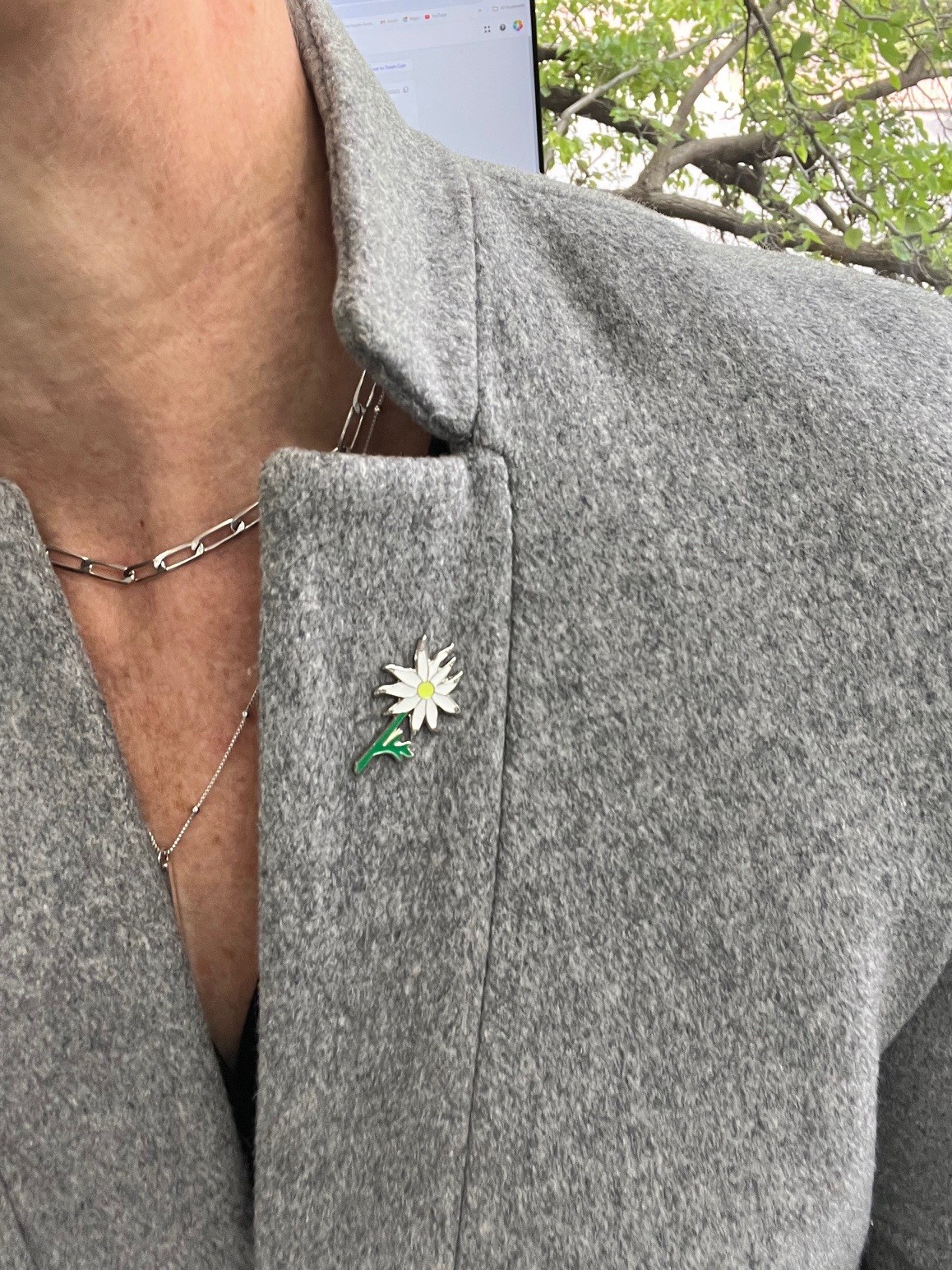Our History
Mental Health Australia, originally established in 1997 as the Mental Health Council of Australia, has served as the national peak body for the mental health sector for more than two decades. As a member-based organisation, we bring together a diverse coalition of mental health stakeholders – consumers, carers, clinicians, service providers, researchers, and advocates – to shape policy, promote reform, and champion the mental health and wellbeing of all people in Australia.
We have a proud legacy of leadership and advocacy. The landmark 2005 report Not For Service: Experiences of Injustice and Despair in Mental Health Care in Australia amplified the lived experiences of people navigating a fragmented system and became a catalyst for national policy reform. We have continued to advocate for equity and inclusion – contributing to the implementation of the National Disability Insurance Scheme, delivering the Embrace Multicultural Mental Health project, and leading collaborative reform efforts such as the Charter 2020: Time to Fix Mental Health and advice on the National Mental Health and Suicide Prevention Agreement.
A defining feature of our work has been centering lived experience. We auspiced the National Mental Health Consumer and Carer Forum for over two decades and facilitated the National Register of Mental Health Consumer and Carer Representatives, elevating diverse perspectives in national conversations. This powerful advocacy helped to pave the way for the establishment of two independent national peaks for people with a lived or living experience of mental health challenges and their carers, family and kin, marking a significant evolution in consumer and carer leadership and representation.
Each October, to mark World Mental Health Day, we deliver a public awareness campaign to raise awareness, reduce stigma and encourage help-seeking. We also foster thought leadership through the Grace Groom Memorial Oration and Scholarship, in honour of the late Chief Executive Officer of the Mental Health Council of Australia from 2005-07. Since 2007, the Oration has featured powerful voices including former Prime Minister Julia Gillard, mental health reformer and academic Professor Ian Hickie, and Australia’s 28th Governor-General, Her Excellency the Honourable Samantha Mostyn AC. Past orations can be viewed here.
Today, guided by our Strategy 2024–2029, we remain resolute in our vision for mentally healthy people and communities, and committed to driving national reform through partnership, accountability, and a united voice.

Australia’s symbol for Mental Health Awareness
The Flannel Flower, an Australian native, has been chosen as the national symbol to promote mental health awareness in Australia.
The Australian bush has an inherent beauty and strength. It is also known for its extremes of weather and landscape. Varieties of the Flannel Flower are commonly found growing wild in the bush throughout Australia. The Flannel Flower, as with all native Australian plants, needs to be adaptable and enduring in order to survive.
In the same way all of us, regardless of our life circumstances, develop resilience and the ability to adapt to change, in order to maintain good mental health.
Being open and empathetic to a person’s expression of distress can assist in the recovery of a person living with mental illness and change the negative attitudes of our society as a whole.

Flannel Flower Pin
Help Mental Health Australia raise awareness of mental health issues by purchasing and wearing a Flannel Flower pin. The Flannel Flower, an Australian native, is the national symbol for mental health awareness.